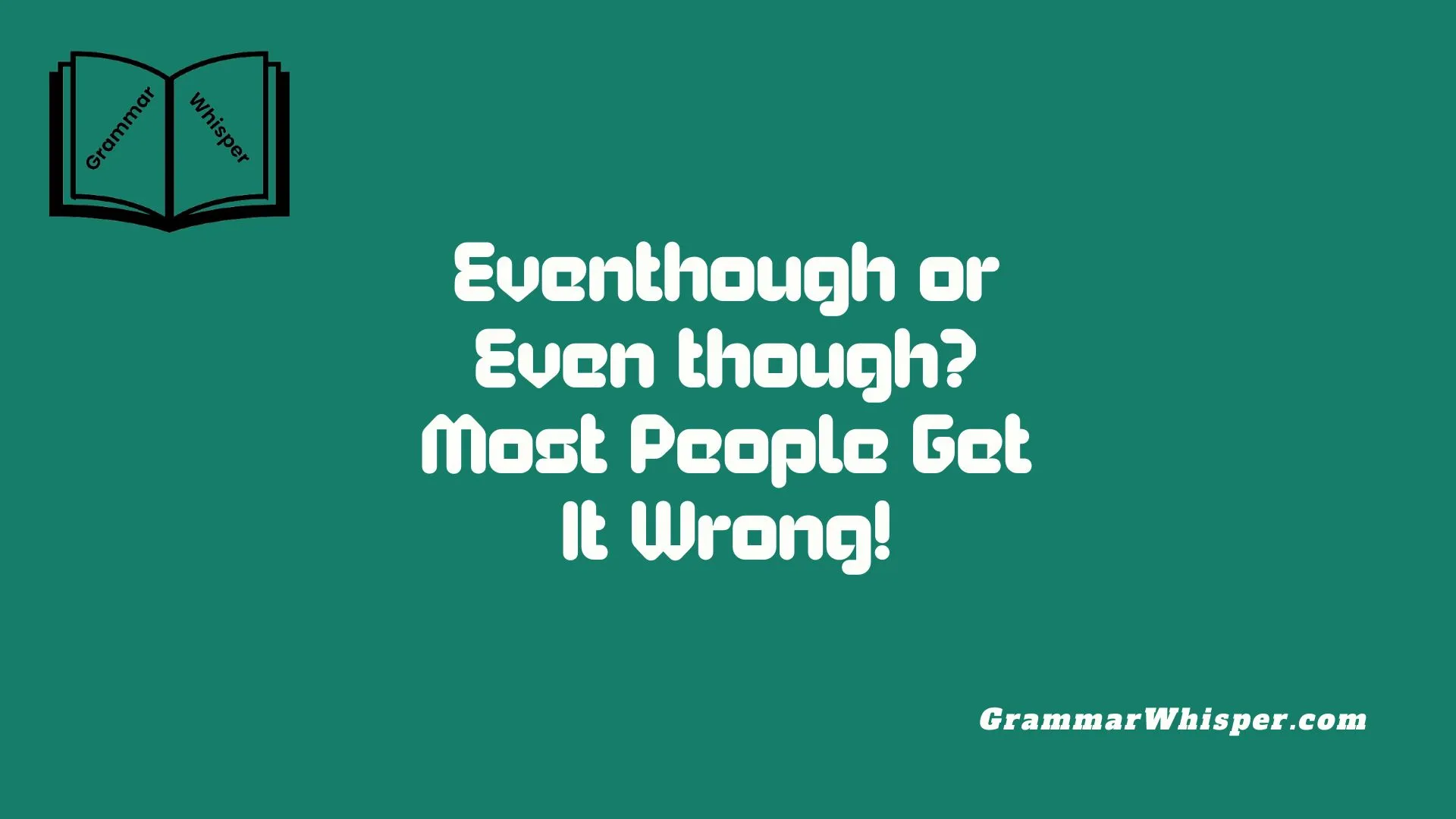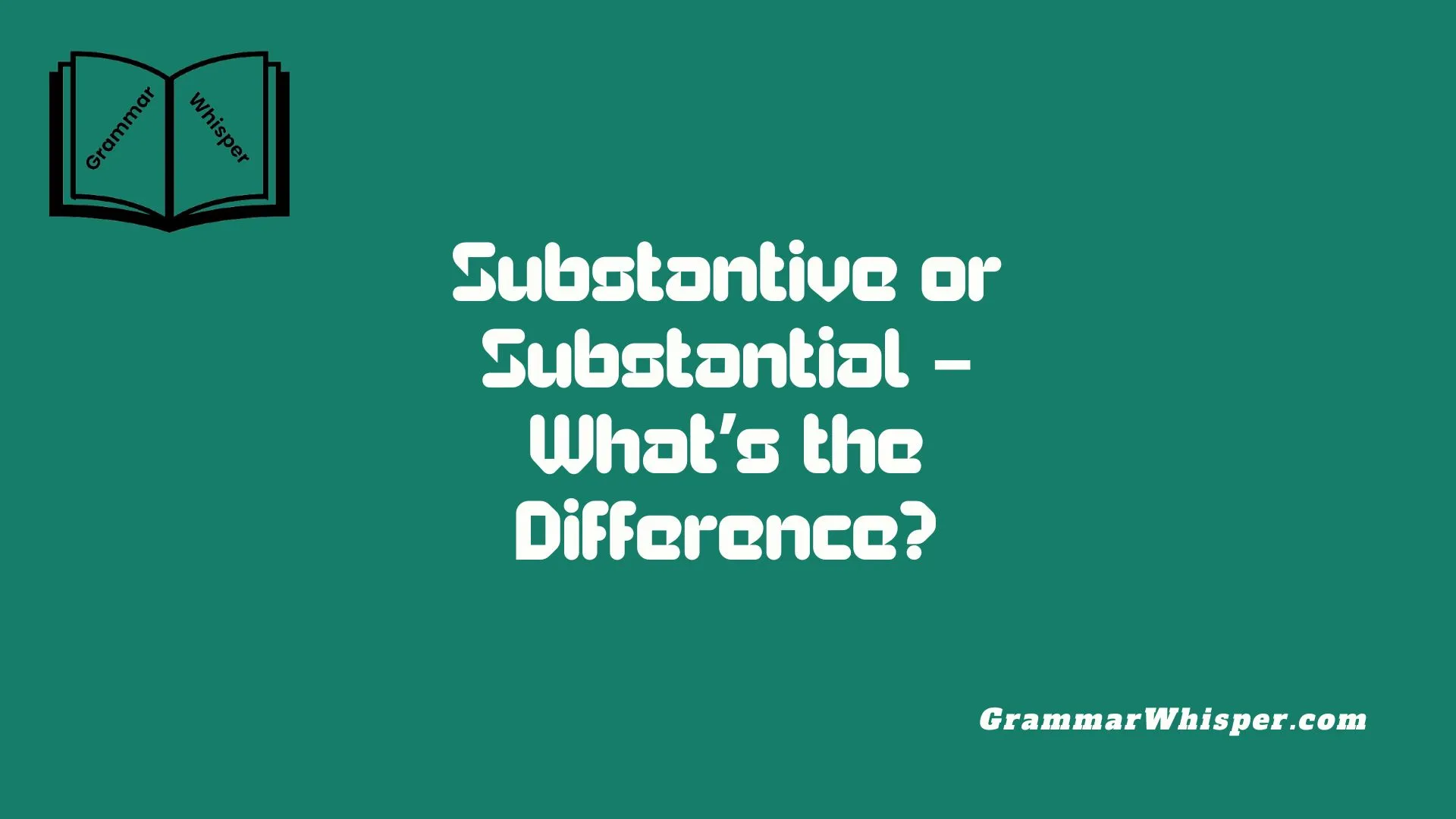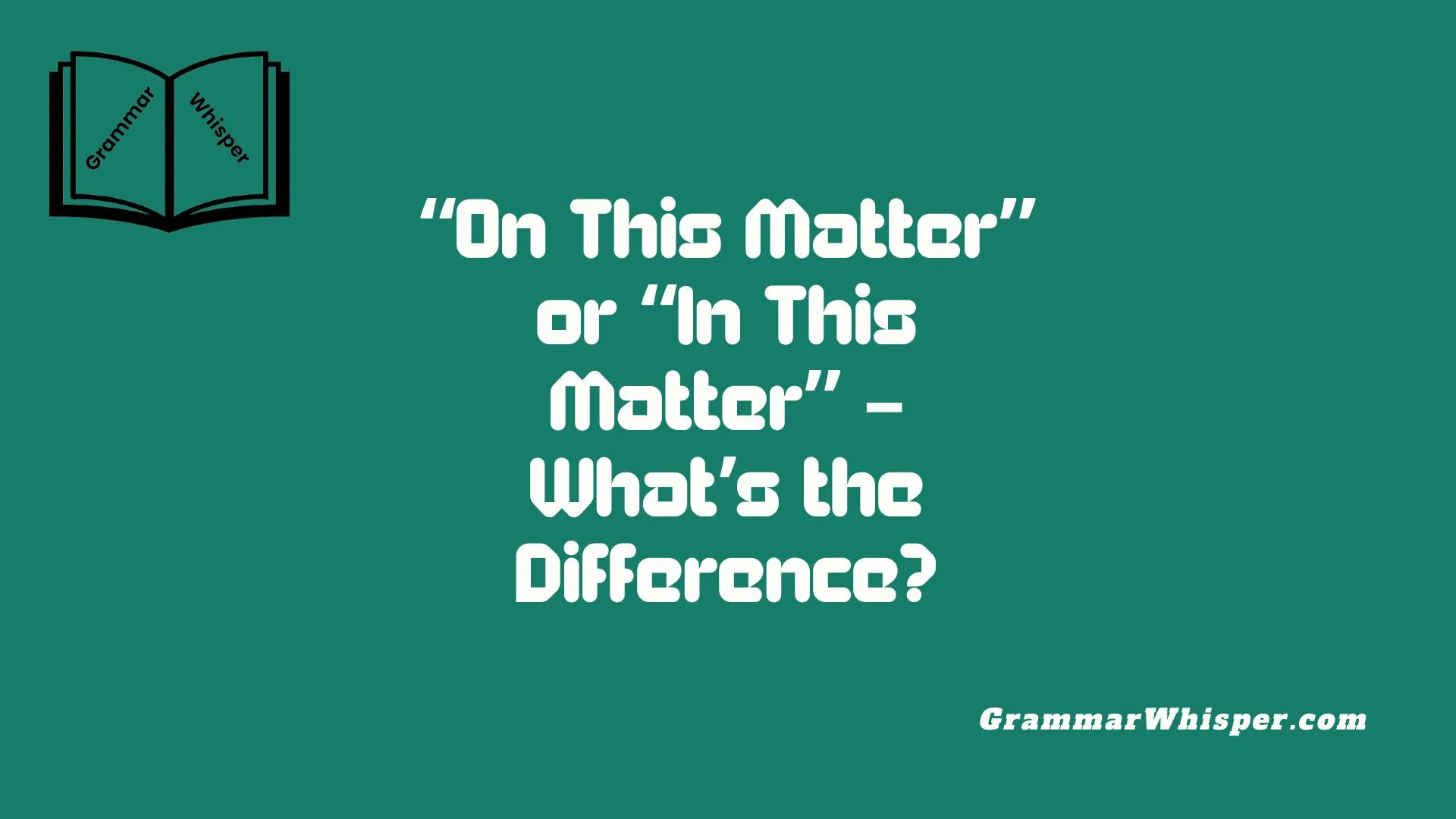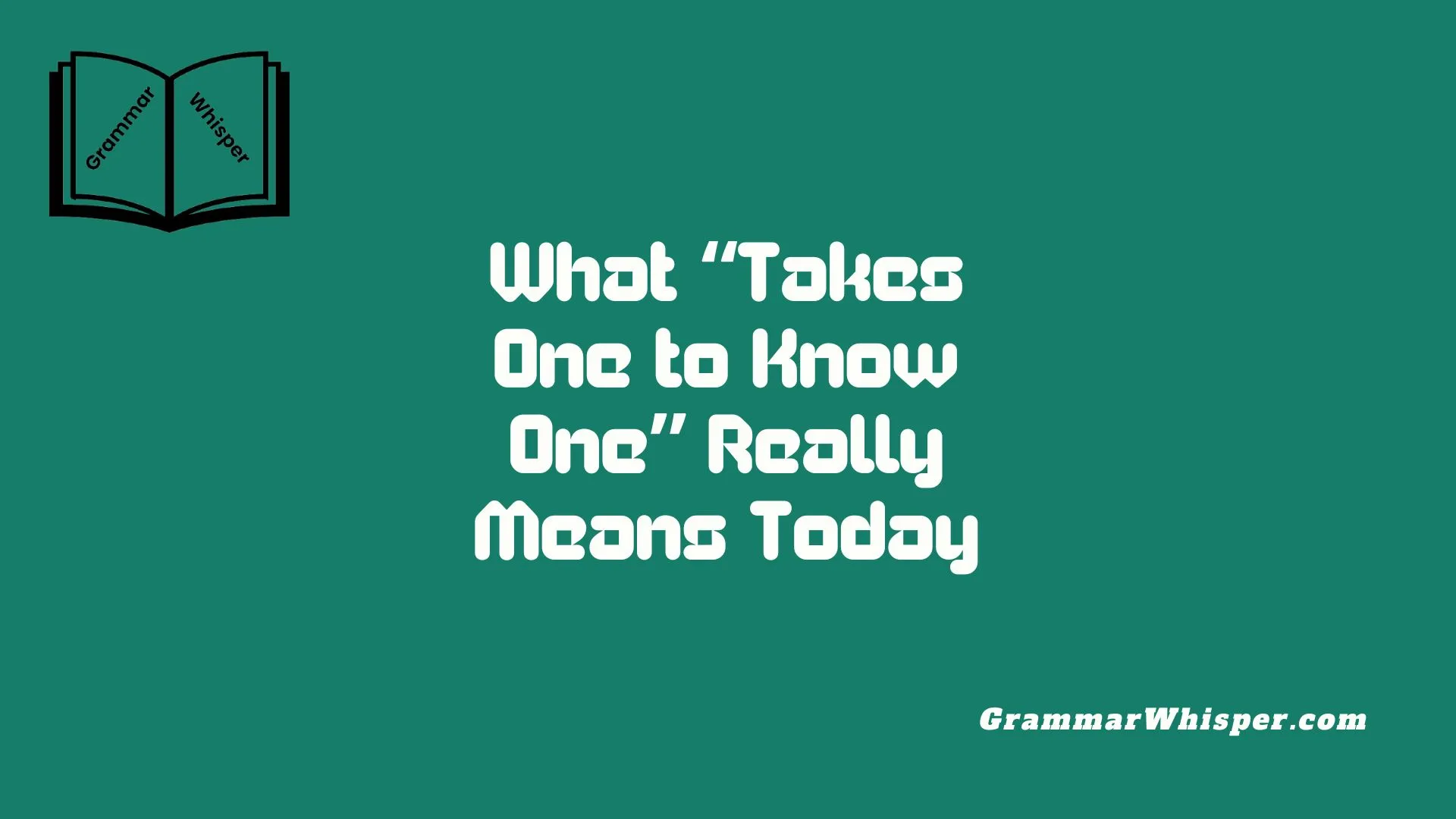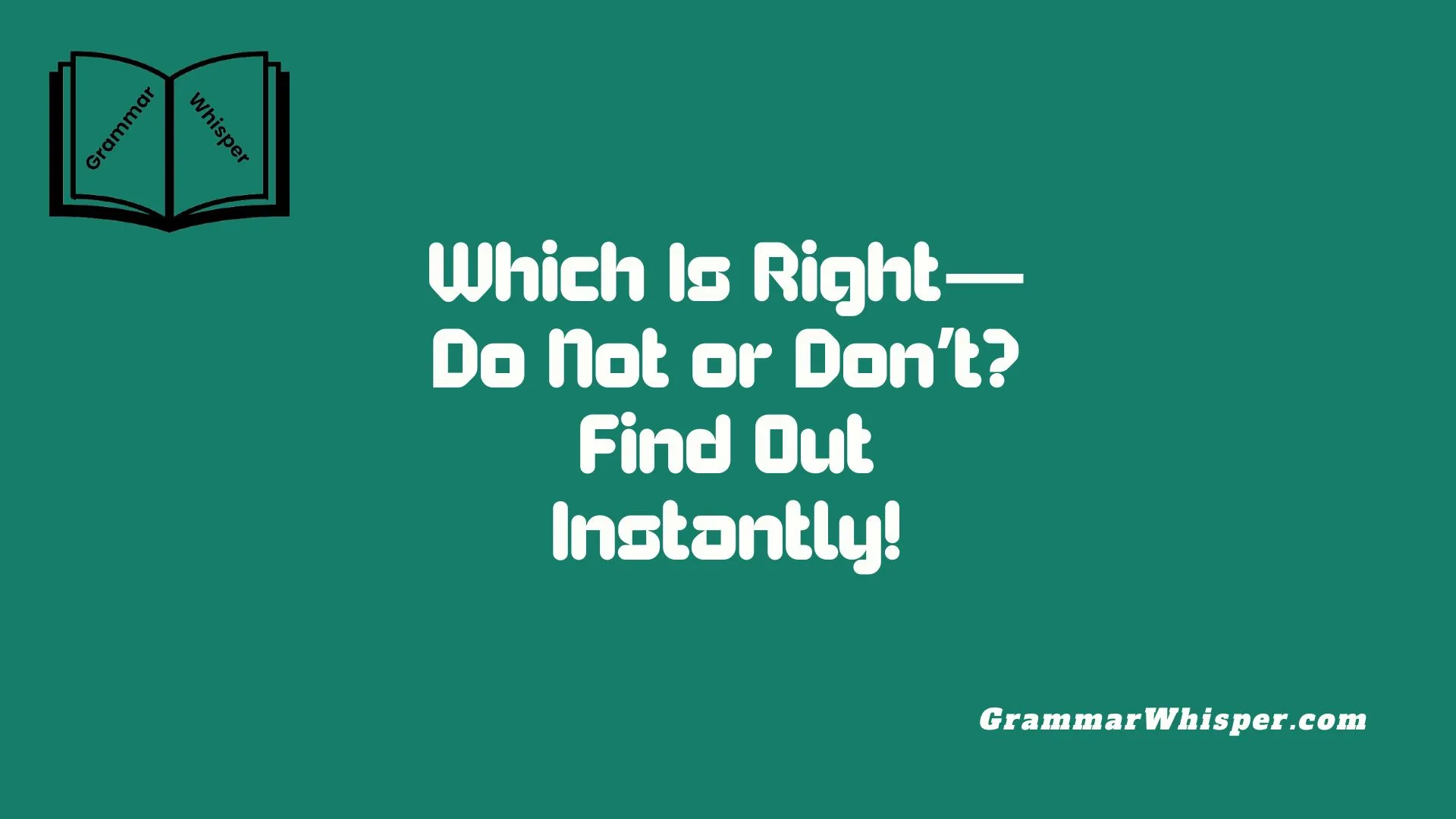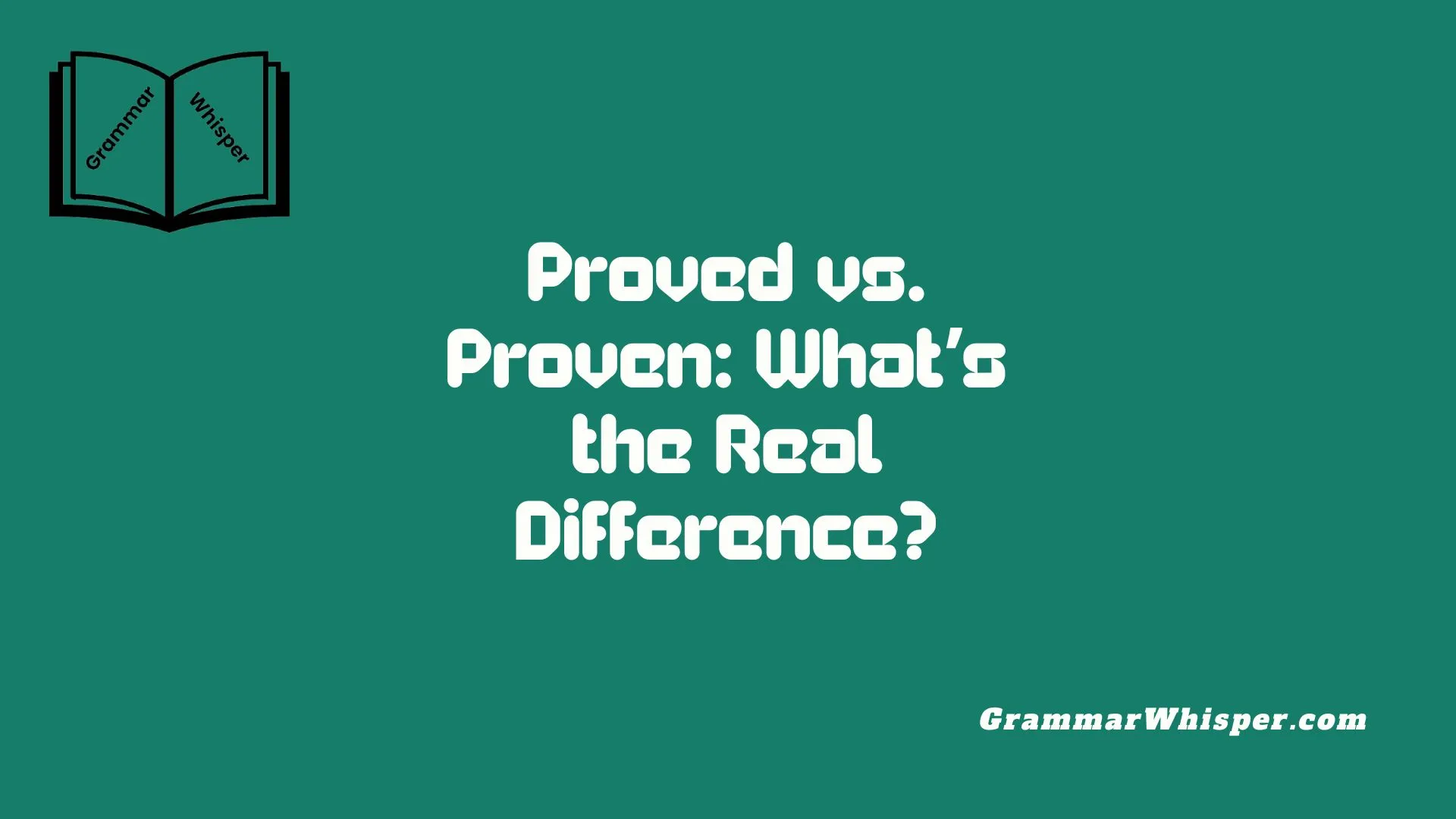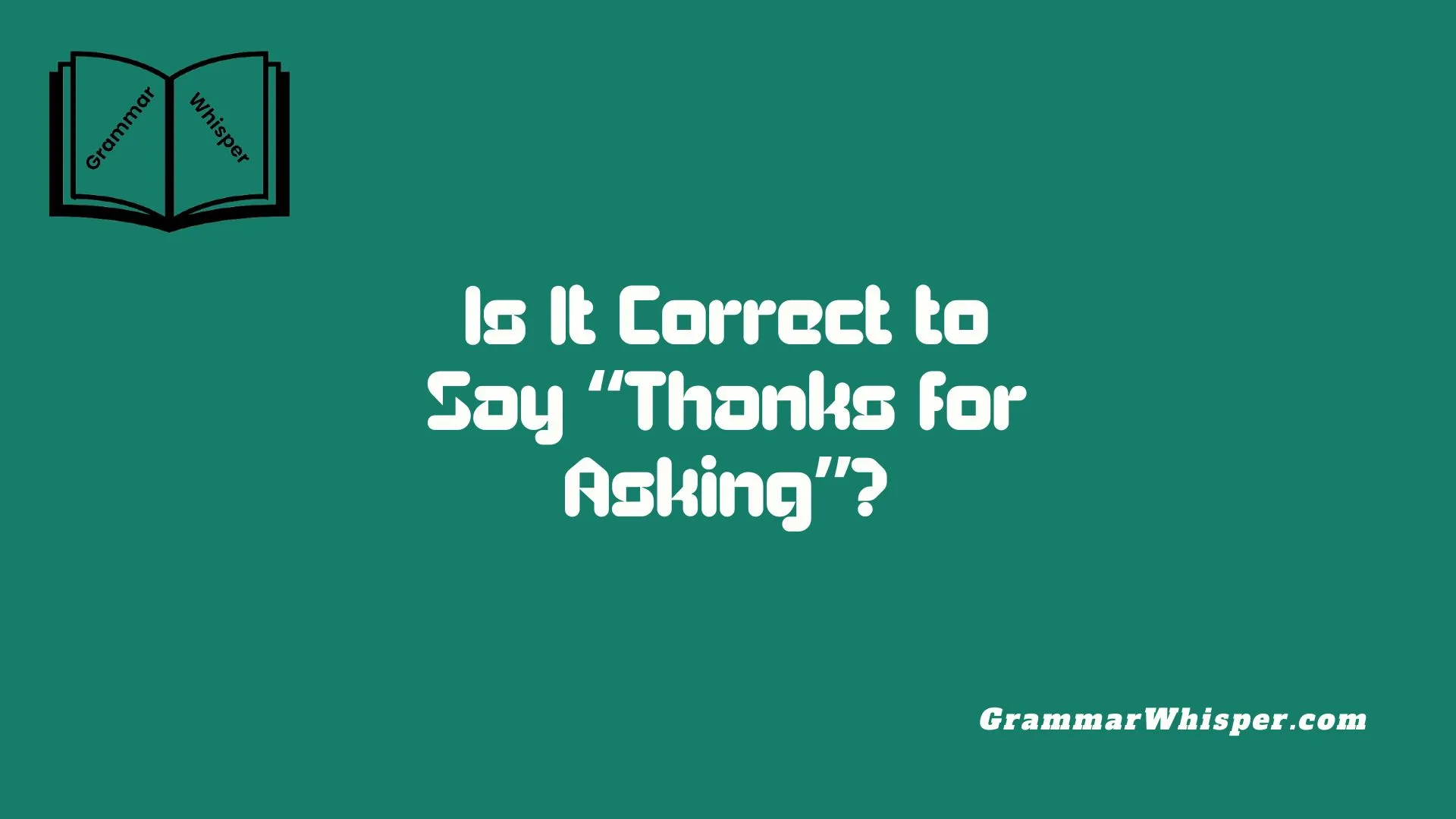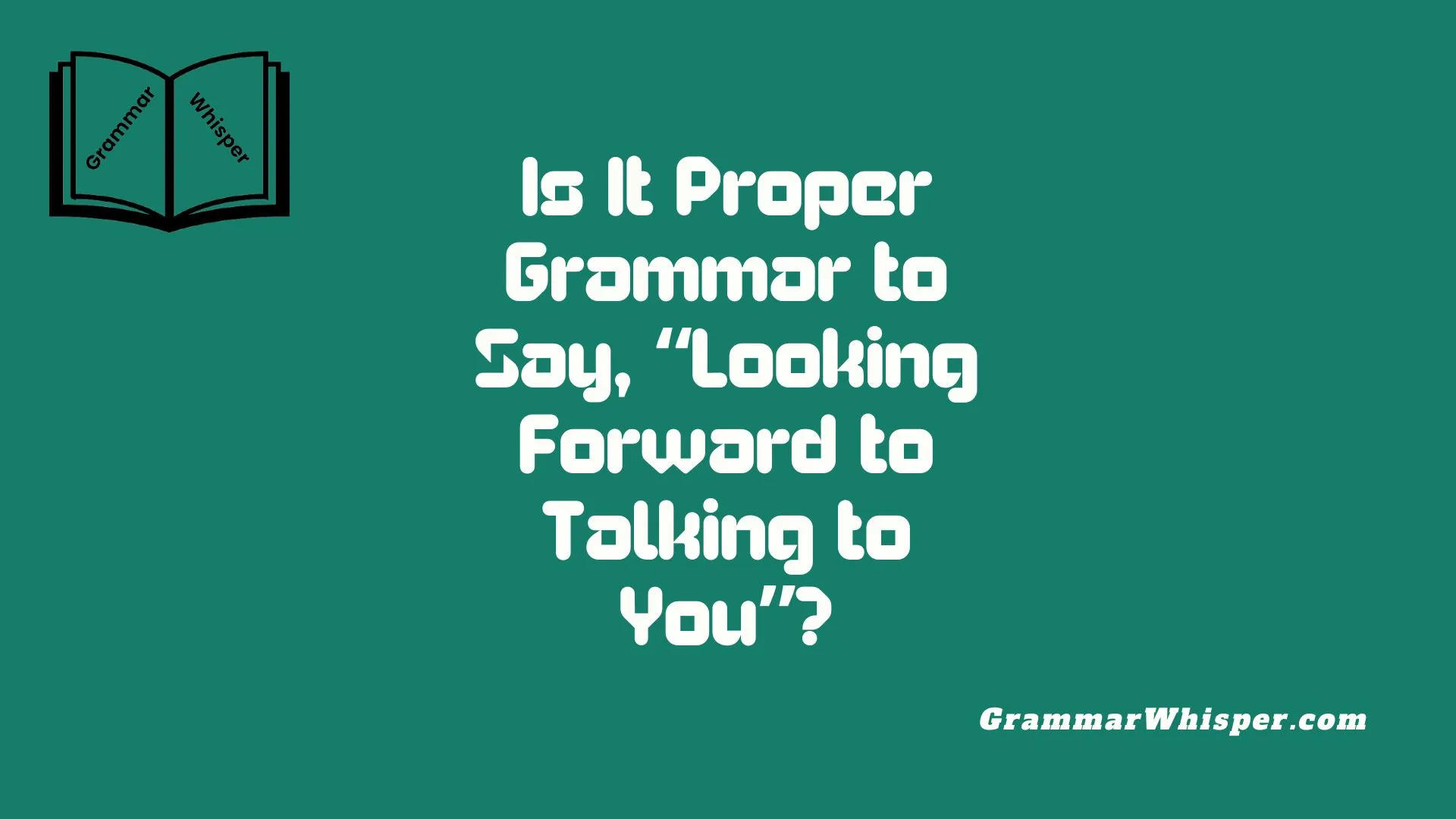Eventhough or Even though? Most People Get It Wrong!
In today’s digital world, where screens suggest edits nonstop and tools like spellcheck or autocorrect jump in to help, it’s easy to assume a word is right if it simply looks correct. But one tiny space, or the lack of it, can totally alter the correctness of a sentence. I once submitted an article using … Read more
